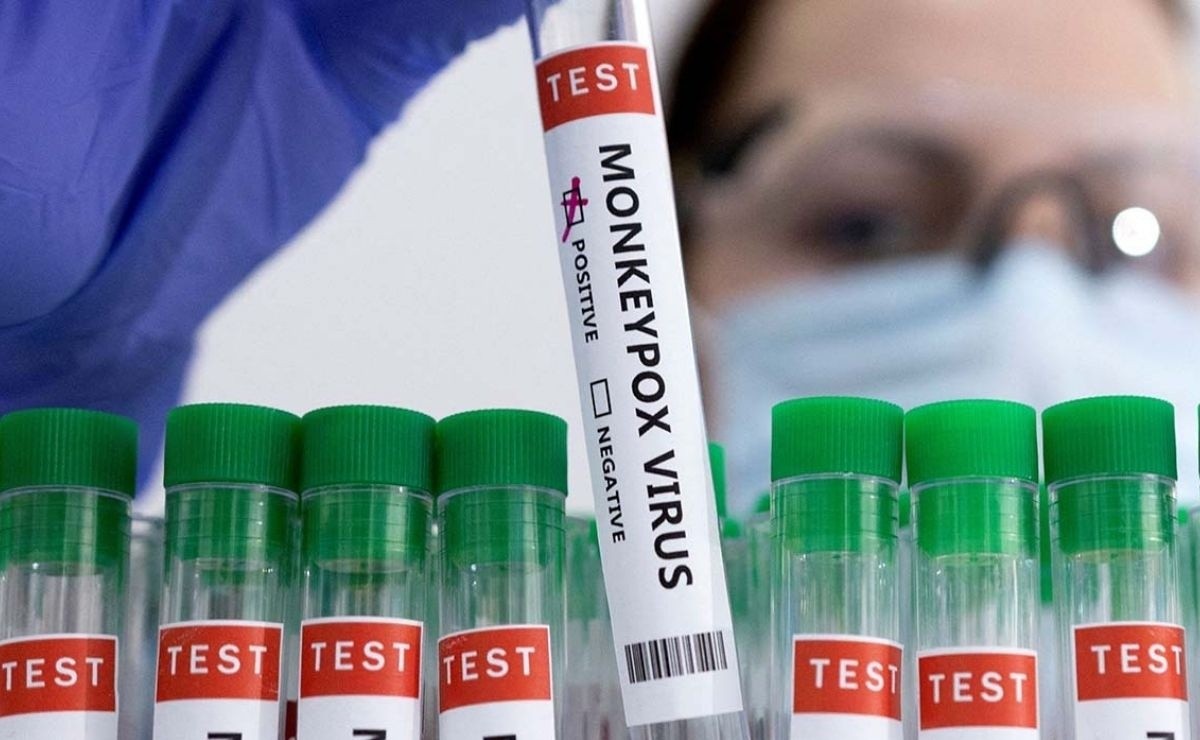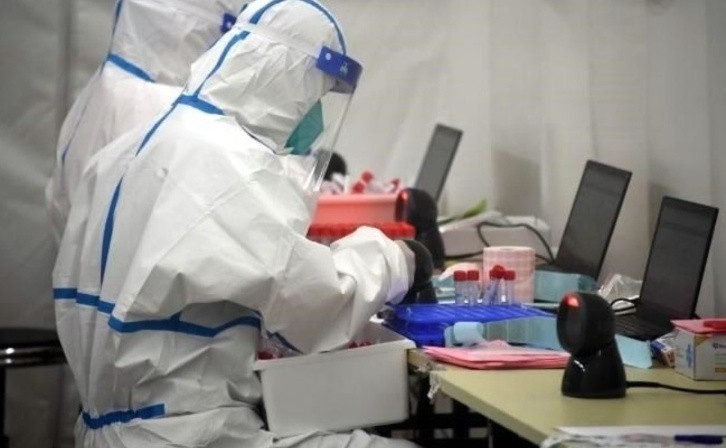
The World Health Organization said it is working on creating a new vaccine delivery mechanism to curb an outbreak of monkeypox.
Monkeypox is spreading and keeping millions of people worried, since the Covid pandemic is not over and thinking of another disease through viruses is not very encouraging, which is why now the World Health Organization arms plan to share monkeypox vaccines .
What are the symptoms of monkeypox?
Monkeypox or simian pox causes fever, headache, body aches, swollen lymph nodes, and a rash. The rash begins as small, flat marks that turn into bumps and later fill with fluid. The bumps crust over and fall off as they heal.
The World Health Organization said it is working to create a new vaccine delivery mechanism to stem an outbreak of monkeypox in more than 30 countries outside Africa. The initiative could lead the United Nations health agency to distribute scarce doses of the vaccine to rich countries that can afford them.
For some experts, the initiative could provide an opportunity to control the virus in African countries where it has been infecting the population for decades, in another example of the inequality in the distribution of vaccines, as has already happened in the coronavirus pandemic .

The director general of the WHO, Tedros Adhanom Ghebreyesus, highlights that the agency is developing an initiative for "fair access" to vaccines and treatments that he hopes will be ready in a few weeks. The move came shortly after Britain, Canada, France, Germany and the United States, among others, reported hundreds of cases of the disease last month.
Vaccines for smallpox, a related disease, are thought to be 85% effective against monkeypox. The director of the WHO in Europe, Hans Kluge, said on Wednesday that he was concerned about attempts by some rich nations to acquire more vaccines without mentioning the purchase of the drug for Africa.
Kluge urged governments to "tackle monkeypox without repeating the mistakes of the pandemic." Despite this, he did not rule out that countries like Great Britain, where the worst outbreak outside the African continent is located, could receive vaccines through the WHO mechanism.
The program is being created for all countries and the vaccines will be dispensed largely based on epidemiological needs, he added.
"Europe remains the epicenter of this growing outbreak, with 25 countries having confirmed more than 1,500 cases, or 85% of the global total," Kluge said.
Some African experts questioned why the agency has never proposed the use of vaccines in West and Central Africa, where the disease is endemic.